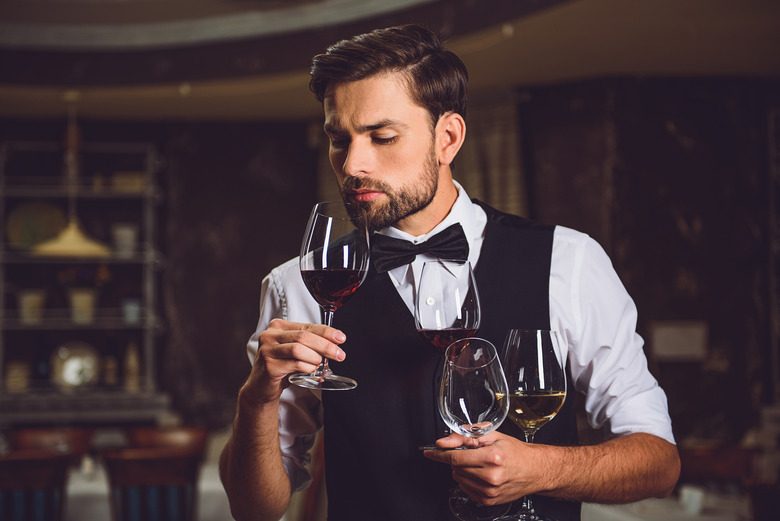Wine Tastes Better If You Think It's Expensive
The placebo effect is really putting a strain on our wallets with this one. There's a reason that splurge on wine tastes so worth it every time: Apparently, our brains trick us into thinking wine tastes better when it has a heftier price tag.
And when we taste the same flavor and quality of wine but think it costs less, we don't like it as much.
Researchers at the INSEAD Business School and the University of Bonn conducted an interesting psychological study. They gave 30 participants a taste of the same bottles of wine but told them differing prices. The brain response to taste was observed in an MRI machine.
After participants drank wine they thought was sold at a higher price, the neurons associated with reward and motivation lit up with bombastic enjoyment. When they drank wine they thought was cheap, though? Not so much.
Participants were also asked to rank their perceived taste of the wine. Pricier sips ranked higher in ratings, every time.
Marketing could have a greater hold on us than we previously thought. The placebo effect, which is the driving psychological force behind these results, is utilized in excess for product marketing. You can spot it in products that seem to be boasting "This is going to be great!" Once you buy it, you're more likely to think it actually is.
"The exciting question," insists Professor Bernd Weber, lead author of the study, "is now whether it is possible to train the reward system to make it less receptive to such placebo marketing effects."
But for now, we're hopeless victims to subliminal messages in product marketing. So if you're bringing a bottle over to a friend's house, tell them it cost more than it really did. They'll think you have phenomenal taste.
